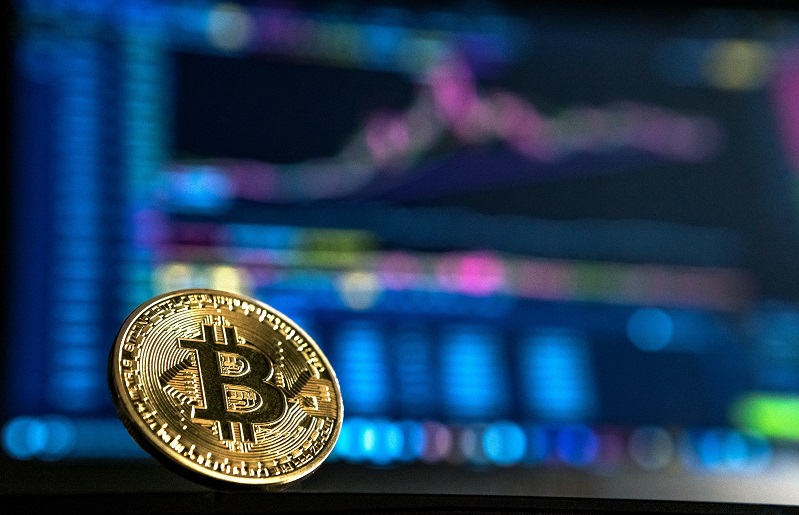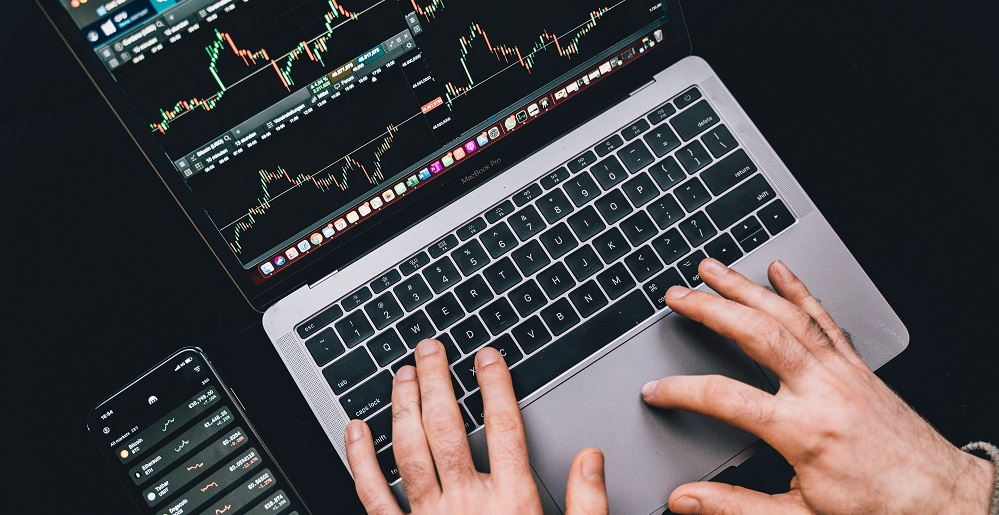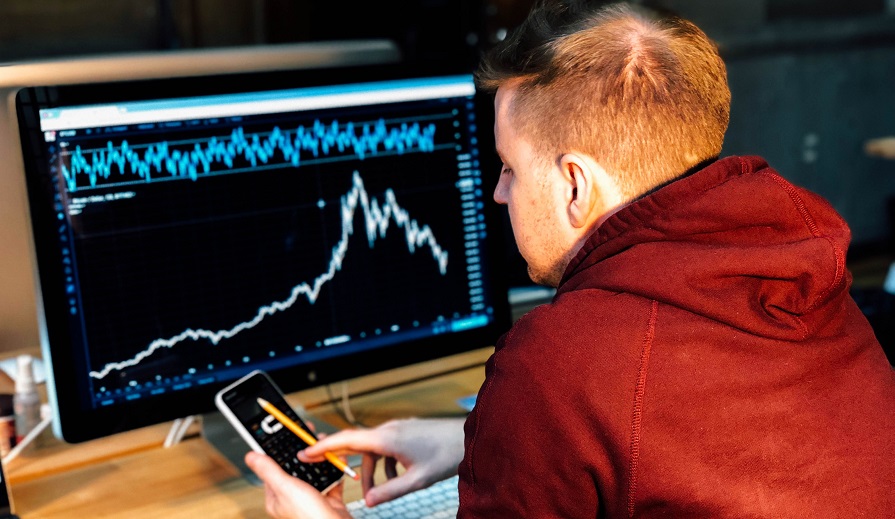Is the Stock Market About to Crash: Sizing Up a Major Market Drop

Many investors worry that recent fluctuations in the stock market are indicators of a looming crash: unprecedented rises in markets, threats of inflation, and sudden drops and volatility in the Dow Jones, S&P 500, and Nasdaq. While any combination of these things would indicate trouble on the horizon under normal circumstances, 2020 was not a typical year.
The pandemic is not reason enough to settle any concerns. Still, it is crucial to acknowledge the limited scope of the stock market, especially as a predictor of future economic collapse. The market is only a window into current performance.
A Severe Crash Is Not Inevitable

Before delving into whether a crash is inevitable, it is crucial to define what a crash is and isn't: a market crash is when the market takes a severe nosedive. Typically, there are two levels of severity: either the crash leads to quick recovery or long-term recessions.
When most people think of crashes, they think about the Great Depression of 1929 or The Great Recession of 2008. Both of these instances were extremely severe, resulting in years of economic recovery. After these crashes, the beauty is that safeguards were put in place to protect against future similar events.
As far as 2021, it is important to speak about a large-scale crash because those are the events that people worry about most. Unfortunately, worry and panic are often what cause a minor and recoverable crash to evolve into a recession or worse.
In terms of an inevitable crash, no one can know for sure. The market depends on a variety of factors, from market reports to news of the day. However, with the current market rises, it is safe to assume that some volatility is expected soon, but that is nothing to get alarmed about. Mostly, it signals a necessary adjustment to your investment strategy, not an immediate sell-off of all stocks.
Market Fluctuations Are a Normal and Healthy Part of the Market Cycle

Most investors expect the market to fluctuate, and the volatility varies based on the current market environment: bear or bull. The sudden shift from a bull to a bear market is often the result of a market crash. A crash involves a drop in the double digits. Fortunately, if panic can be subverted, the market is built to recover quickly; for example, in March 2020, the market experienced a crash because of the pandemic, but it quickly recovered.
If you look at market crashes and fluctuations as a normal part of the economic cycle — ignoring pictures of recessions and depressions — it is easier to prepare instead of panic. Fear is often the precursor of economic devastation. Instead of worry, a savvy investor will have a plan for both bear and bull markets. To better prepare for crashes and the often unpredictable ebb and flow of the market, you should have a diversified portfolio. Having investments across several assets with a mix of vulnerabilities is often the best way to protect against the ups and downs of the market.
[insert page='Offer' display='content']
Stop Panicking and Start Value Investing

The market is a symptom of outside influences. The numbers reflect external performance and opinion. Understanding that opinion often sways perceived and actual value more than performance is crucial; for example, if investors worry a company's reputation will result in fewer loyal consumers or profits, they might sell their shares early to protect themselves against future losses. This is the opposite of value investing.
Value investors focus on companies the market undervalues and buys stock for the long haul. Using the fundamental investment strategy — financial analysis — savvy investors find companies and use strategies that can survive volatility.
Ultimately, a crash might be likely in 2021, but the severity of it is not known. The best any investor can do is stick to a sound strategy.
